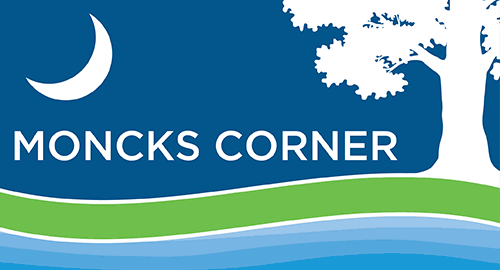Please E-mail suggested additions, comments and/or corrections to Kent@MoreLaw.Com.
Help support the publication of case reports on MoreLaw
Date: 03-15-2023
Case Style:
State of South Carolina v. Cary G. Ryals
Case Number:
Judge: Michael G. Nettles
Court: Circuit Court, Berkeley County, South Carolina
Plaintiff's Attorney: Berkley County South Carolina Solicitor's Office
Defendant's Attorney:
Description: Monks Corner, South Carolina criminal defense lawyer represented Defendant charged with being a Habitual Traffic Offender.
Defendant was convicted and filed a petition for post conviction relief.
"In post-conviction proceedings, the burden of proof is on the applicant to prove
the allegations in his application." Speaks v. State, 377 S.C. 396, 399, 660 S.E.2d
512, 514 (2008). "The applicant has the burden of establishing his entitlement to
relief by a preponderance of the evidence." Rule 71.1(e), SCRCP. "This [c]ourt
gives great deference to the factual findings of the PCR court and will uphold them
if there is any evidence of probative value to support them." Sellner v. State, 416
S.C. 606, 610, 787 S.E.2d 525, 527 (2016). "Questions of law are reviewed de
novo, and we will reverse the PCR court's decision when it is controlled by an
error of law." Id.
* * *
When ineffective assistance of counsel is alleged as a ground for relief, a PCR
applicant must prove that "counsel's conduct so undermined the proper functioning
of the adversarial process that the trial cannot be relied on as having produced a
just result." Strickland v. Washington, 466 U.S. 668, 686 (1984); see also Butler v.
State, 286 S.C. 441, 442, 334 S.E.2d 813, 814 (1985) (quoting Strickland as the
standard for judging ineffectiveness). It is "generally improper for a defendant to
appear for a jury trial dressed in readily identifiable prison clothing." Humbert v.
State, 345 S.C. 332, 337, 548 S.E.2d 862, 865 (2001), abrogated on other grounds
by Fishburne v. State, 427 S.C. 505, 832 S.E.2d 584 (2019); see also Estelle v.
Williams, 425 U.S. 501, 512 (1976) (holding an accused may not be compelled to
be tried before a jury in identifiable prison clothes); Brooks v. Texas, 381 F.2d 619,
624 (5th Cir. 1967) ("It is inherently unfair to try a defendant for crime while
garbed in his jail uniform . . . ."); Ring v. State, 450 S.W.2d 85, 88 (Texas Crim.
App. 1970) ("(E)very effort should be made to avoid trying an accused while in jail
garb."). "Nevertheless, . . . to prevail in [a] PCR action, the Strickland analysis
applies and [the] petitioner must establish prejudice." Id. at 337-38, 548 S.E.2d at
865.
* * *
On September 24, 2018, counsel for Ryals filed a petition for a writ of certiorari
requesting a belated direct appeal pursuant to White v. State, 263 S.C. 110, 208
S.E.2d 35 (1974), and a brief pursuant to Anders v. California, 386 U.S. 738
(1967), addressing Ryals' direct appeal issue and asking to be relieved as counsel.
The petition also included a request for a writ of certiorari on allegations that
Ryals' trial counsel performed deficiently in failing to (1) investigate Ryals'
criminal record and (2) object to Ryals having to appear at his trial in prison attire.
The case was transferred from the supreme court to this court. On January 27,
2021, this court voted to grant certiorari on the direct appeal issue and the issue of
appearing at trial in prison attire. On the same day, the direct appeal issue was
dismissed by opinion. The issue of Ryals' prison attire is before us now
Outcome: In June 2015, he proceeded to a jury trial and was found guilty as charged. The
trial court sentenced him to five years' imprisonment and revoked his probation
regarding a prior unrelated conviction, which resulted in ten years' incarceration. Ryals did not appeal his conviction, sentence, or probation revocation.
Accordingly, the decision of the PCR court is
REVERSED and REMANDED.
Plaintiff's Experts:
Defendant's Experts:
Comments:
Find a Lawyer
Find a Case


